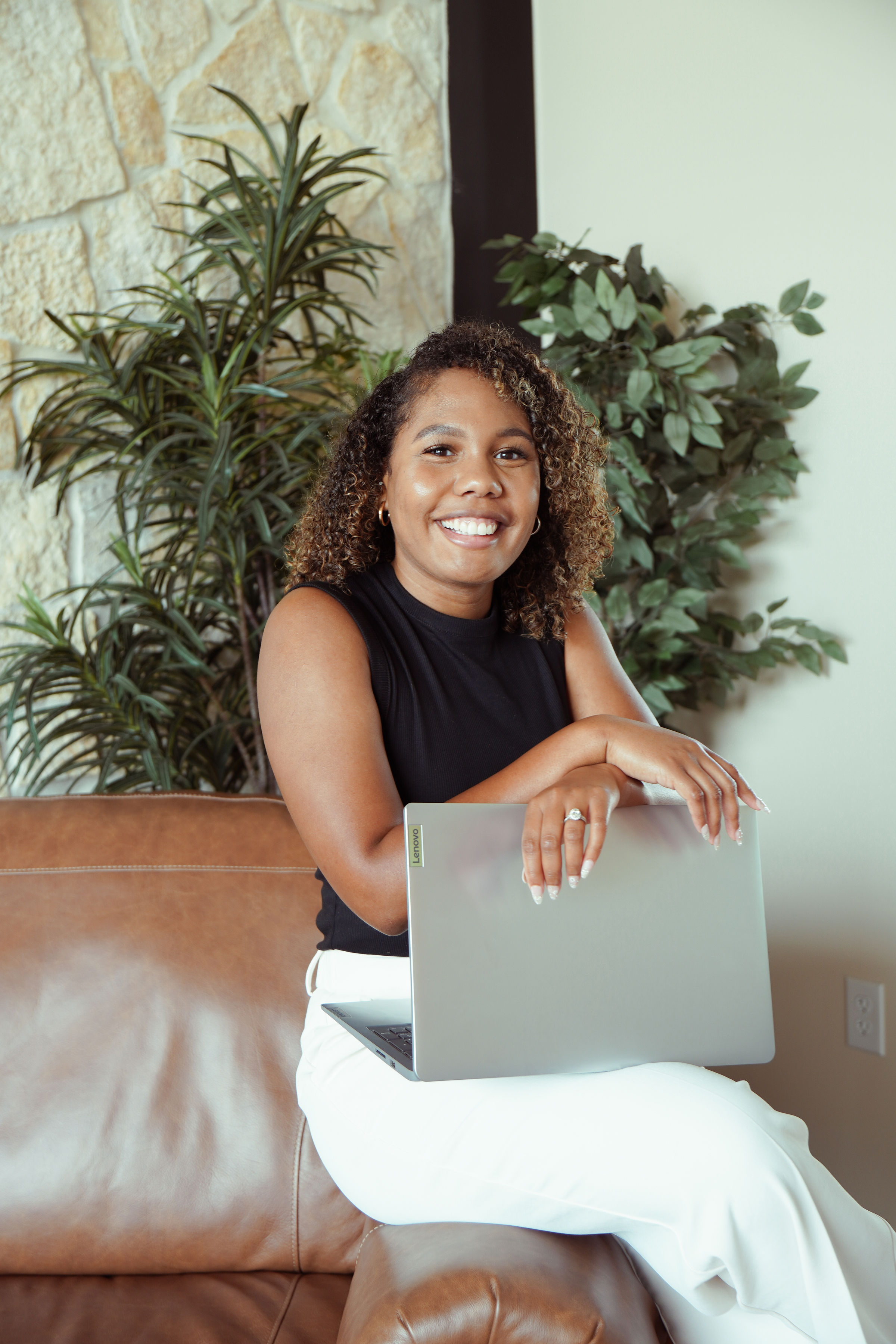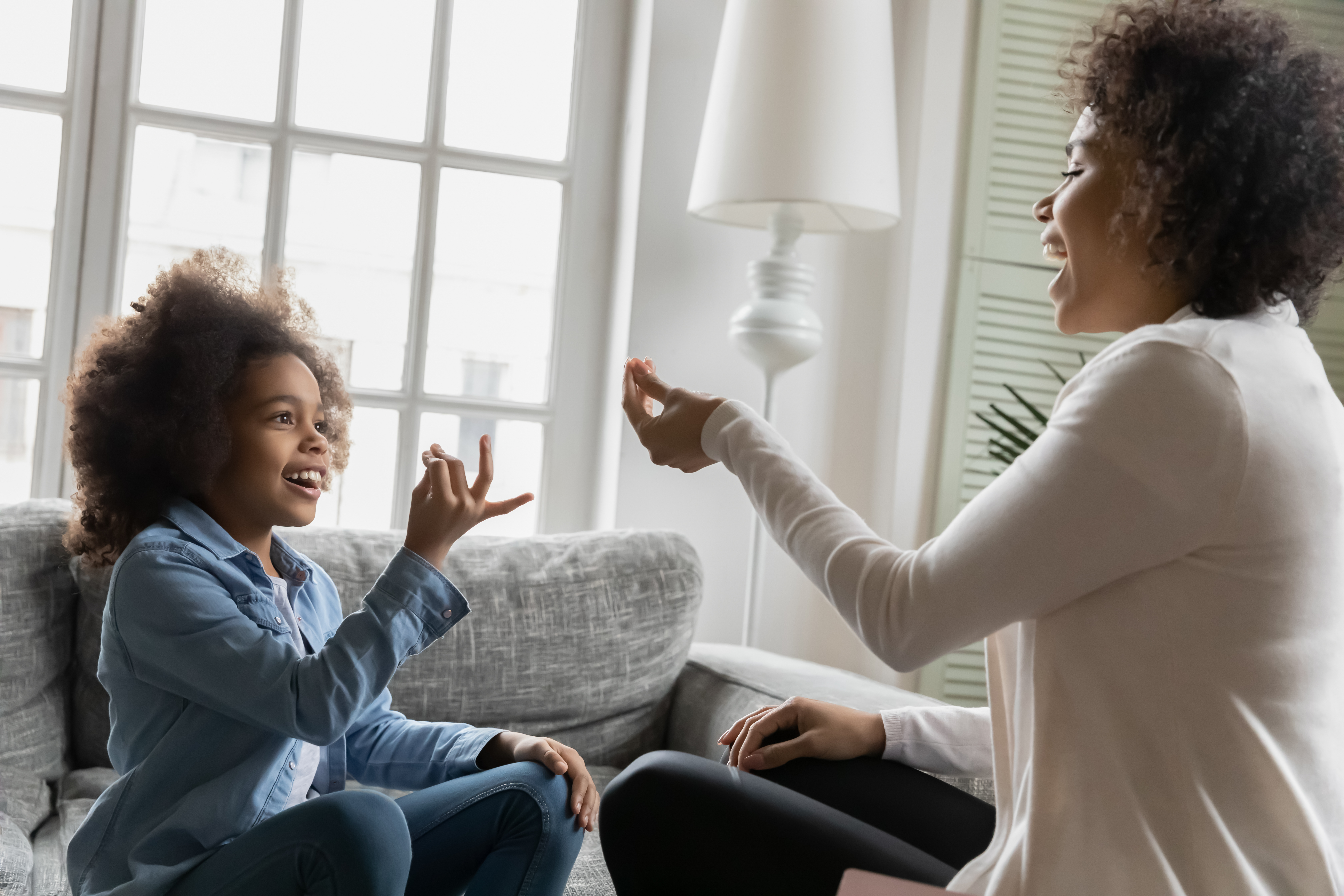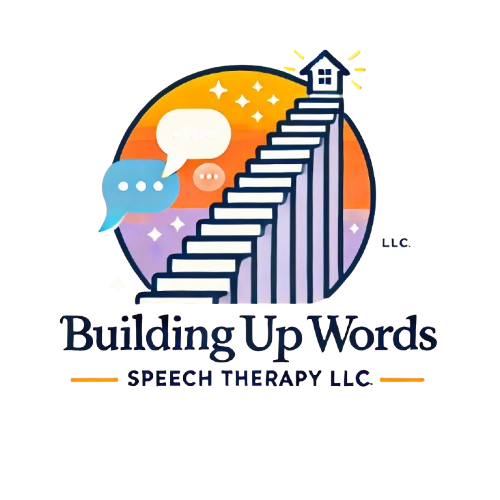Support That Speaks Your Language
Whether you're a parent navigating a new diagnosis or a professional seeking deeper insight, Building Up Words offers coaching tailored to your role and goals. Brandi brings years of experience and heartfelt understanding to each session, helping you implement effective strategies — without the overwhelm.



Get clear, confident support for your language learner.
Consulting
Guidance for Parents
& Professionals
Here’s how we help:
1
Gain understanding on gestalt language processing, AAC, and general speech/language development
2
Learn how to foster language naturally, both at home and in therapy settings.
3
Create personalized goals to support your language learner on their way toward self-generated language
4
Build confidence as you support your child, client, or student’s unique journey.

Support for BCBAs
Collaborating to support meaningful communication
Need language support?
We're here to help!
Partnering Together for Better Client Outcomes
When BCBAs and speech therapists work together, amazing things can happen for our clients. Over the years, I’ve had the chance to partner with many behavior analysts who are passionate about supporting communication, and I often get similar thoughtful questions.


Have a question that’s not on this list?
Bring it to our consult — I’m always happy to chat and explore it with you.

How can we tell if a client’s communication challenges are more about speech, language, or social communication?
When would you suggest exploring AAC, and how do we figure out which system would work best for the learner?
Request-like behavior vs real communication—how do we tell the difference and focus on what truly matters?
How do you tell the difference between a receptive language delay and what might just look like noncompliance?
How can we make sure speech and language goals fit well into an ABA program without stepping on each other’s toes?
When should we teach vocal imitation vs focusing on other communication methods like signs or AAC?
I’m working with a learner who scripts a lot — how do we know when scripting is functional or meaningful for them?
What are your go-to strategies for helping kids generalize communication skills across different people and places?
How do you approach things like turn-taking, initiating conversations, or maintaining back-and-forth exchanges?
Are there any red flags that might suggest motor planning challenges, like apraxia, instead of just articulation delays?


How can we tell if a child is having trouble processing language versus struggling with attention or engagement?
What's your go-to prompting hierarchy for expressive communication—and how does it align with ABA strategies?
How do verbal operants (mands, tacts, intraverbals) fit into what you’re doing from a speech perspective?
How can we help families see the difference between “following directions” and true communication development?
What do we do when a child is saying more words but still not really communicating their wants or needs effectively?
